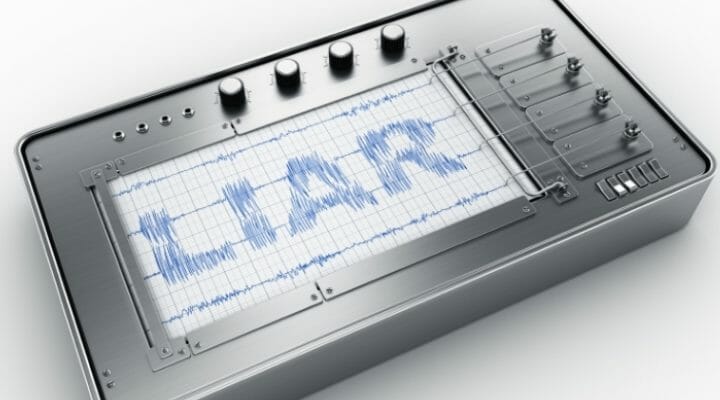One of the key reasons a polygraph is not called a lie detector test is because the results aren’t as simple as pass or fail. Many security clearance applicants find themselves with inconclusive test results. What does that mean?
First, keep in mind inconclusive polygraph results aren’t necessarily a bad thing. Because a polygraph can’t really tell if you’re lying – it simply measures physiological response to fact-based questions – a number of factors could result in inconclusive results. So if you find your your initial polygraph exam was inconclusive, don’t panic – you should be given another opportunity to take the test.
Some security clearance applicants may be asked to take a second, or even a third polygraph in an attempt to get conclusive results. If you were nervous before your first test (something that should have been established by control measures at the beginning of the interview), you may be more relaxed and prepared upon follow-up examinations.
If your polygraph remains inconclusive, that doesn’t necessarily mean you won’t get the job. But the government may look to see what continued to cause the inconclusive results, whether it was a medication, or a specific issue that caused red flags in the examination. Remember, a polygraph itself is rarely the reason for a security clearance denial, but may be a factor if you have several character red flags in your background. The polygraph examination is most often used to tease out information you may have failed to disclose in your initial SF-86. Make sure you are up front and honest in your security clearance application, review the answers you provided on your questionnaire, and you will be prepared for any questions the polygraph exam may ask.




